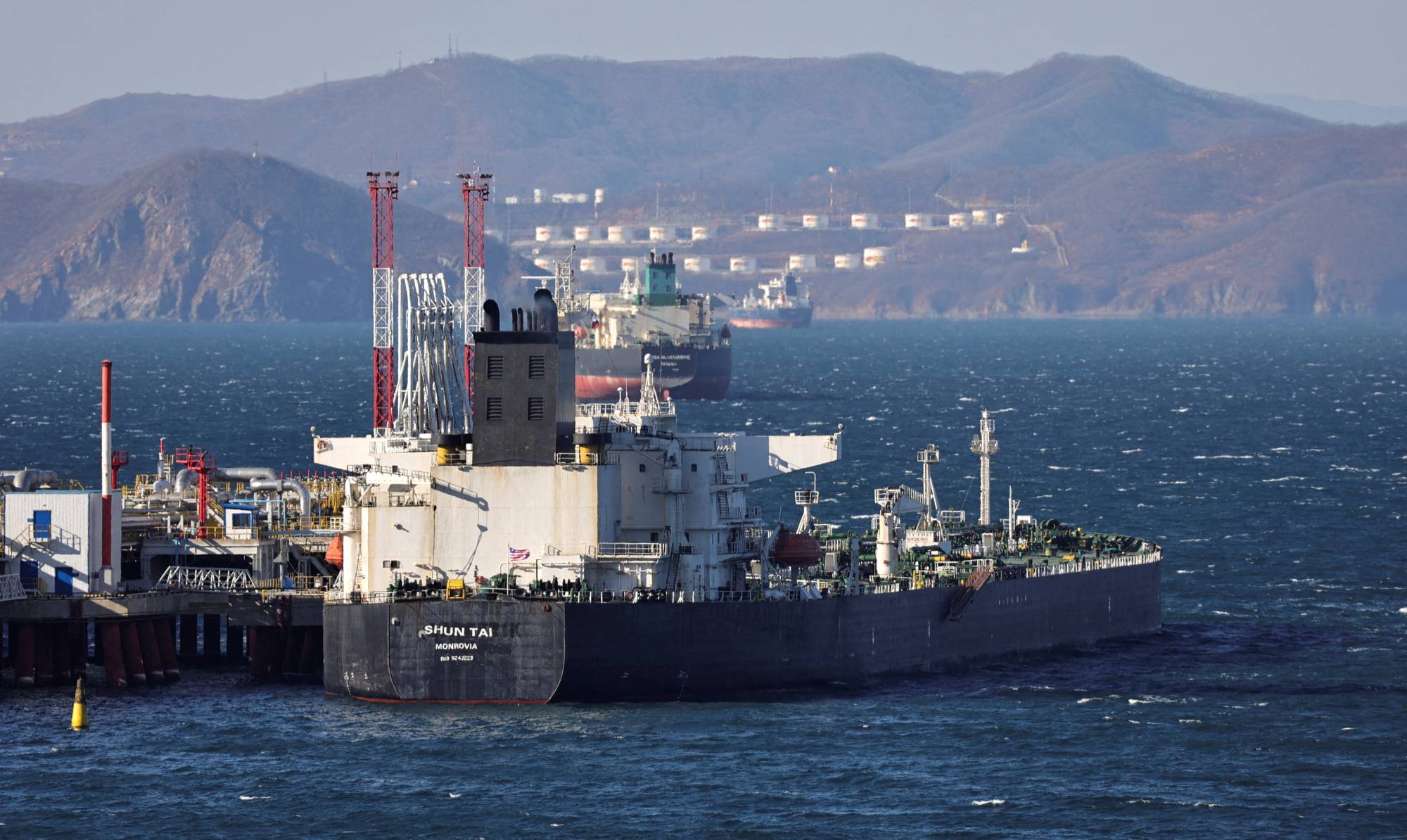When U.S. officials first floated the idea of capping Russian oil export prices in response to a planned European embargo in March, they pledged to squeeze revenues to Russia's war machine, while avoiding a devastating oil price spike.
But keeping Russian oil on the market and global prices low soon became the bigger priority as oil prices jumped, people familiar with the mechanism's evolution and energy analysts said.
The $60-per-barrel price limit on seaborne crude imposed by G7 democracies and Australia on Monday bears that out, lining up with current market prices.



